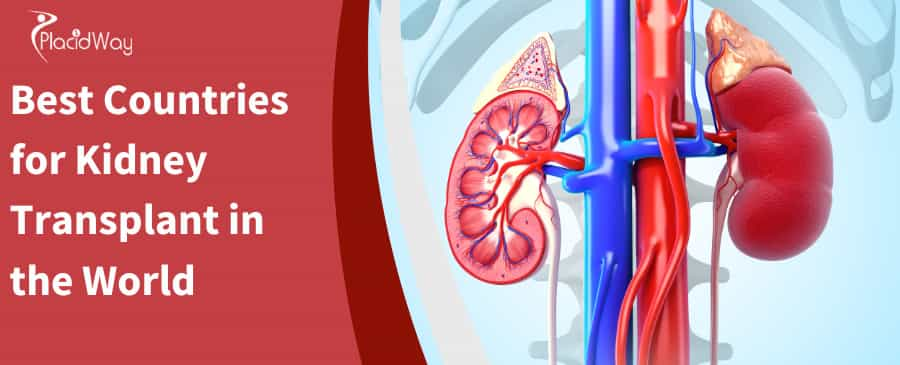
A kidney transplant is a life-saving procedure for individuals with end-stage renal disease (ESRD). When considering a transplant abroad, key factors to evaluate include the cost, success rates, and wait times for a transplant. It’s also important to assess the quality of care, including the expertise of surgeons, post-operative care, and the overall healthcare standards in the destination country. Additionally, patients should consider healthcare regulations and available aftercare facilities to ensure a successful outcome. Thorough research and consulting with medical tourism facilitators can help patients make informed decisions.
Key Takeaways
- Patients seeking kidney transplants can find high-quality care at significantly reduced costs in countries like Turkey, Mexico, and India, often saving 40%-70% compared to procedures in the US or UK.
- These countries boast high success rates, with one-year graft survival often exceeding 90% in leading centers.
- Kidney transplant costs vary by country and package, typically ranging from:
- Turkey: $16,000 to $25,000
- Mexico: $22,000 to $35,000
- India: $13,000 to $20,000
- Packages often include surgeon fees, hospital stay, initial tests, and post-operative follow-ups, but typically exclude immunosuppressant drugs and long-term care.
Understanding Kidney Transplant
A kidney transplant is a surgical procedure to place a healthy kidney from a living or deceased donor into a person whose kidneys no longer function properly.
A kidney transplant is a critical treatment for end-stage renal disease (ESRD), a condition where the kidneys permanently fail and can no longer filter waste products from the blood. This procedure replaces a diseased kidney with a healthy one, ideally from a living donor (often a family member or friend) or a deceased donor. A successful transplant can significantly improve a patient's quality of life, eliminating the need for dialysis and allowing for a more normal, active lifestyle. The process involves extensive pre-transplant evaluations, the surgery itself, and lifelong post-operative care, including immunosuppressant medications to prevent organ rejection.
Types of Kidney Transplants
Kidney transplants primarily involve either a living donor or a deceased donor, each with distinct advantages and considerations.
- Living Donor Kidney Transplant: This involves transplanting a kidney from a healthy, living individual. Living donor transplants generally have better long-term outcomes and can be scheduled at a convenient time for both donor and recipient. They often involve a shorter waiting period.
- Deceased Donor Kidney Transplant: This type uses a kidney from a donor who has recently died (usually due to brain death) and whose family has consented to organ donation. While offering a vital lifeline, waiting lists for deceased donor kidneys can be long, and the organ's viability may be a factor.
3 Best Countries for Kidney Transplant in the World 2025
The best countries for kidney transplants include Turkey, Mexico, and India. These countries offer advanced medical facilities, experienced transplant teams, and affordable pricing compared to Western countries. Patients often choose these destinations for high success rates, shorter wait times, and cost-effective treatments.
1. Turkey

Turkey is a prominent destination for kidney transplants, offering world-class medical facilities, experienced transplant teams, and competitive pricing, making it an attractive option for international patients.
Turkey has invested heavily in its healthcare infrastructure, with numerous JCI-accredited hospitals equipped with state-of-the-art technology. The country is home to highly skilled nephrologists and transplant surgeons who perform a large volume of kidney transplant surgeries annually, contributing to excellent success rates. The cost of kidney transplant in Turkey ranges between $16,000 to $25,000, making it significantly more affordable than in many European countries or the United States. Many Turkish hospitals offer all-inclusive packages that cover pre-operative evaluations, surgery, hospital stay, and initial post-operative care.
Did You Know? Turkey has one of the highest numbers of living donor kidney transplants in Europe, showcasing its robust infrastructure and specialized medical expertise in the field.
2. Mexico

Mexico is increasingly recognized as a top choice for kidney transplants, especially for patients from North America, due to its geographical proximity, affordable costs, and high-quality medical services.
Mexico offers a combination of highly qualified doctors, modern hospitals, and lower living costs, translating into more affordable medical procedures. Many Mexican transplant centers cater specifically to international patients, providing English-speaking staff, personalized care, and assistance with travel and accommodation. The cost of kidney transplant in Mexico ranges between $22,000 to $35,000, which is substantially less than in the United States. Mexico's proximity to the US also reduces travel time and expenses for American and Canadian patients.
3. India

India remains a leading global hub for medical tourism, offering highly affordable kidney transplant procedures performed by internationally trained surgeons in advanced healthcare facilities.
India's reputation for medical excellence is well-established, particularly in complex surgeries. Indian hospitals provide comprehensive kidney transplant programs with high success rates, drawing patients from across the globe. The cost of kidney transplant in India ranges between $13,000 to $20,000, making it one of the most cost-effective options worldwide. Despite the lower cost, the quality of care is often on par with Western standards, with many hospitals being JCI or NABH accredited. India's medical professionals are known for their expertise and compassionate patient care.
Expert Insight: Dr. Anil Kumar, a renowned nephrologist in India, emphasizes, "Our focus in India is to combine advanced medical technology with personalized patient care, ensuring successful outcomes even at a fraction of the cost found in Western countries. The accessibility of living donors and efficient processing often reduces waiting times significantly."
Kidney Transplant Costs Comparison Table (2025)
Understanding the financial aspect of a kidney transplant is crucial, and the table below provides a comparative overview of average costs in popular medical tourism destinations for 2025.
| Country | Average Cost (USD) | What's Typically Included in the Package |
|---|---|---|
| Turkey | $16,000 - $25,000 | Pre-op evaluations, surgery, anesthesia, hospital stay (patient & donor), initial follow-up. |
| Mexico | $22,000 - $35,000 | Surgeon fees, hospital stay, diagnostic tests, some post-op medication. |
| India | $13,000 - $20,000 | Hospital charges, surgeon fees, pre-op assessments, post-op care, some medications. |
| United States | $250,000 - $450,000 | Comprehensive care, but often requires significant insurance coverage. |
| United Kingdom | $70,000 - $100,000 | Public healthcare covers it for residents; private costs are high. |
Note: These costs are approximate and can vary based on the hospital, surgeon's experience, patient's specific condition, and any complications. They generally do not include long-term immunosuppressant drugs, which are a significant ongoing expense.
Candidacy for Kidney Transplant
Eligibility for a kidney transplant is determined through a comprehensive evaluation process that assesses a patient's overall health, presence of end-stage renal disease, and ability to adhere to post-transplant care.
The transplant team conducts a thorough medical, psychological, and social evaluation to ensure the patient is a suitable candidate. This includes assessing the severity of kidney disease, the patient's ability to withstand major surgery, and their commitment to lifelong medication and follow-up.
Key Criteria for Recipients:
- End-Stage Renal Disease (ESRD): The primary requirement is irreversible kidney failure that necessitates dialysis or transplant.
- Overall Health: Candidates must be healthy enough to undergo surgery and tolerate immunosuppressant medications. This involves screening for active infections, severe heart disease, certain cancers, or uncontrolled psychiatric conditions that could complicate the transplant or recovery.
- Life Expectancy: Patients generally need a life expectancy of at least five years.
- Adherence to Treatment: A strong commitment to taking medications as prescribed and attending follow-up appointments is crucial for graft survival.
- Support System: Having reliable caregivers and a strong support network is often a key consideration.
Key Criteria for Living Donors:
- Good General Health: Donors must be in excellent physical and mental health.
- Compatibility: While blood type and tissue matching are important, advancements in medicine allow for transplants across incompatible blood types and even highly sensitized recipients through paired kidney exchange programs.
- Voluntary Decision: The decision to donate must be entirely voluntary and free from coercion.
- No Underlying Medical Conditions: Donors are screened for conditions like diabetes, uncontrolled hypertension, and certain infections that could pose a risk to their health or the recipient's.
Risks and Complications of Kidney Transplant
Like any major surgery, a kidney transplant carries potential risks and complications, both during and after the procedure, including organ rejection, infection, and side effects from medications.
While kidney transplants are generally safe and highly successful, patients must be aware of potential challenges. The transplant team will discuss these risks in detail.
Common Risks and Complications:
- Organ Rejection: The most significant risk, where the recipient's immune system identifies the new kidney as foreign and attacks it. This is managed with immunosuppressant drugs.
- Acute Rejection: Can occur at any time, often in the first year, and is usually treatable.
- Chronic Rejection: Develops slowly over time, often leading to gradual loss of kidney function.
- Infection: Due to a weakened immune system from immunosuppressant medications, transplant recipients are more susceptible to bacterial, viral, and fungal infections.
- Surgical Complications: These can include bleeding, blood clots, nerve damage, urine leakage from the ureter, or issues with blood vessel connections to the new kidney.
- Medication Side Effects: Immunosuppressants can cause various side effects, such as increased risk of diabetes, high blood pressure, elevated cholesterol, bone thinning, weight gain, and increased risk of certain cancers (e.g., skin cancer, lymphoma).
- Recurrence of Original Kidney Disease: In some cases, the original kidney disease can recur in the transplanted kidney.
Preparation for Kidney Transplant
Proper preparation for a kidney transplant is crucial for optimizing surgical outcomes and facilitating a smooth recovery, involving extensive medical evaluations, lifestyle adjustments, and emotional readiness.
The pre-transplant phase is a critical period for both the recipient and, if applicable, the living donor. It involves a series of tests, consultations, and lifestyle modifications to ensure the best possible conditions for the surgery and post-operative success.
Key Preparation Steps:
- Comprehensive Medical Evaluation: This includes blood tests, urine tests, imaging scans (X-rays, CT scans, MRI), and cardiac evaluations to assess overall health and identify any potential issues.
- Immunological Matching: For deceased donor transplants, this involves blood typing and tissue matching to find the most compatible kidney. For living donor transplants, similar tests are done between donor and recipient.
- Dental Check-up: Any active infections, including dental issues, must be resolved before transplant to minimize the risk of post-operative complications.
- Vaccinations: Recipients often need to update their vaccinations to protect against infections after immunosuppression.
- Lifestyle Modifications:
- Diet: Adhering to specific dietary guidelines, often low in sodium, potassium, and phosphorus.
- Exercise: Maintaining a healthy weight and engaging in regular, moderate exercise to improve physical conditioning.
- Smoking Cessation: Quitting smoking is mandatory as it significantly increases surgical risks and affects graft survival.
- Alcohol Moderation: Limiting or avoiding alcohol consumption.
- Psychological Evaluation: Assessing mental and emotional readiness, coping mechanisms, and understanding of the transplant process.
- Financial Planning: Discussing the costs of the transplant and ongoing immunosuppressant medications.
Did You Know? Patients on the waiting list for a kidney transplant often maintain strict dietary restrictions and dialysis schedules for years, demonstrating incredible resilience and commitment to their health.
Recovery and Aftercare Post-Kidney Transplant
Recovery after a kidney transplant is a gradual process requiring strict adherence to medication regimens, regular follow-up appointments, and significant lifestyle adjustments to ensure the long-term health of the new kidney.
The immediate post-operative period is crucial for monitoring the new kidney's function and managing potential complications. Long-term care focuses on preventing rejection and infection.
Immediate Post-Operative Care:
- Hospital Stay: Typically 5-10 days, during which the medical team monitors kidney function, vital signs, and wound healing.
- Immunosuppressant Medication: Initiated immediately to prevent rejection. Patients are educated on the importance of taking these medications exactly as prescribed for life.
- Pain Management: Medications are provided to manage post-surgical pain.
- Fluid and Electrolyte Balance: Careful monitoring and management of fluid intake and output.
Long-Term Aftercare:
- Lifelong Immunosuppression: Continuous use of anti-rejection medications is essential to prevent organ rejection. Dosage may be adjusted over time.
- Regular Follow-ups: Frequent clinic visits and blood tests are required, especially in the first few months, to monitor kidney function, medication levels, and detect signs of rejection or infection.
- Infection Prevention: Due to a weakened immune system, patients must take precautions such as frequent hand washing, avoiding sick individuals, and staying up-to-date on vaccinations.
- Dietary Guidelines: Specific dietary recommendations to maintain kidney health, control blood pressure, and manage weight.
- Physical Activity: Gradual return to normal activities and regular exercise as advised by the transplant team. Heavy lifting and contact sports may be restricted initially.
- Psychological Support: Emotional and psychological support is vital for coping with the challenges of living with a transplant.
- Monitoring for Complications: Regular screenings for post-transplant diabetes, hypertension, bone disease, and certain cancers are necessary due to medication side effects.
Alternatives to Kidney Transplant
For individuals who are not suitable candidates for a kidney transplant or choose not to undergo the procedure, dialysis remains the primary alternative for managing end-stage renal disease.
While kidney transplant offers the best long-term outcome for most ESRD patients, it's not always an option. Understanding the alternatives is crucial for comprehensive care.
Dialysis:
- Hemodialysis: This involves filtering the blood using a machine outside the body. It's typically performed in a clinic three times a week for several hours. A fistula, graft, or catheter is surgically created to access the bloodstream.
- Peritoneal Dialysis: This method uses the lining of the abdomen (peritoneum) as a natural filter. A catheter is surgically placed in the abdomen, and dialysis fluid is instilled and drained, usually at home, either manually or with a cycler machine overnight.
Comparison of Dialysis vs. Transplant:
| Feature | Kidney Transplant | Dialysis (Hemodialysis/Peritoneal) |
|---|---|---|
| Quality of Life | Generally much improved, fewer restrictions. | Significant lifestyle impact, dietary/fluid restrictions. |
| Life Expectancy | Generally longer life expectancy. | Shorter life expectancy compared to successful transplant. |
| Cost | High initial cost, ongoing medication costs. | High ongoing costs for treatments and supplies. |
| Independence | Greater independence, fewer medical appointments. | Requires regular, time-consuming treatments. |
| Dietary Freedom | More liberal diet compared to dialysis. | Strict dietary and fluid restrictions. |
| Risks | Surgical risks, organ rejection, medication side effects. | Infections, cardiovascular issues, exhaustion. |
Did You Know? The average life expectancy for a person on dialysis is 5-10 years, though some individuals live much longer, highlighting the importance of personalized care and adherence to treatment.
Frequently Asked Questions (FAQs)
Q1: What is the success rate of kidney transplants in countries like Turkey, Mexico, and India?
The success rates in leading centers in Turkey, Mexico, and India are comparable to those in Western countries, with one-year graft survival rates often exceeding 90-95% for living donor transplants. These countries attract highly skilled surgeons and utilize advanced technologies, contributing to their high success rates.
Q2: How long is the waiting period for a kidney transplant abroad?
The waiting period for a kidney transplant in Turkey, Mexico, and India is often significantly shorter, particularly for living donor transplants, compared to deceased donor lists in many Western countries. For living donor transplants, procedures can often be scheduled within weeks or a few months, depending on the recipient and donor evaluation process.
Q3: Are immunosuppressant medications included in the transplant package costs?
Typically, the cost of immunosuppressant medications is NOT included in the initial transplant package and represents a significant ongoing expense for the patient. These medications are crucial for preventing rejection and must be taken for the lifetime of the transplanted kidney. Patients should budget separately for these ongoing drug costs.
Q4: What follow-up care is provided for international patients after a kidney transplant?
Most medical tourism clinics offer initial post-operative follow-up appointments and tests before the patient returns to their home country. They often provide teleconsultations for ongoing support and collaborate with local doctors for long-term care. It's essential to arrange for local follow-up with a nephrologist once back home.
Q5: Can I bring my own living donor to Turkey, Mexico, or India for a kidney transplant?
Yes, patients are generally encouraged to bring their own living donor for a kidney transplant in these countries. The donor will undergo a thorough evaluation process in the chosen country to ensure their suitability and safety for donation, adhering to strict ethical guidelines.
Q6: What are the ethical considerations for kidney transplants in these countries?
All reputable transplant centers in Turkey, Mexico, and India adhere to international ethical guidelines, particularly concerning living donations, to prevent organ trafficking and ensure donor safety and informed consent. They typically require a familial or emotionally close relationship between donor and recipient and conduct independent assessments to confirm the voluntary nature of the donation.
Q7: What are the risks of long-term immunosuppression?
Long-term immunosuppression, while vital for preventing organ rejection, can increase the risk of infections (due to a weakened immune system), certain cancers (especially skin cancers and lymphomas), post-transplant diabetes, high blood pressure, and bone density issues. Regular monitoring by a nephrologist is crucial to manage these potential side effects.
Seeking a Kidney Transplant Abroad?
Don't let geographical boundaries limit your access to life-saving treatment. PlacidWay offers a seamless and supportive pathway to world-class kidney transplant services in leading global destinations. Our network includes JCI-accredited hospitals and renowned transplant specialists in Turkey, Mexico, and India, ensuring you receive the highest standard of care at transparent and competitive prices.
Compare quotes, explore packages, and connect with top international transplant centers today.




.png)

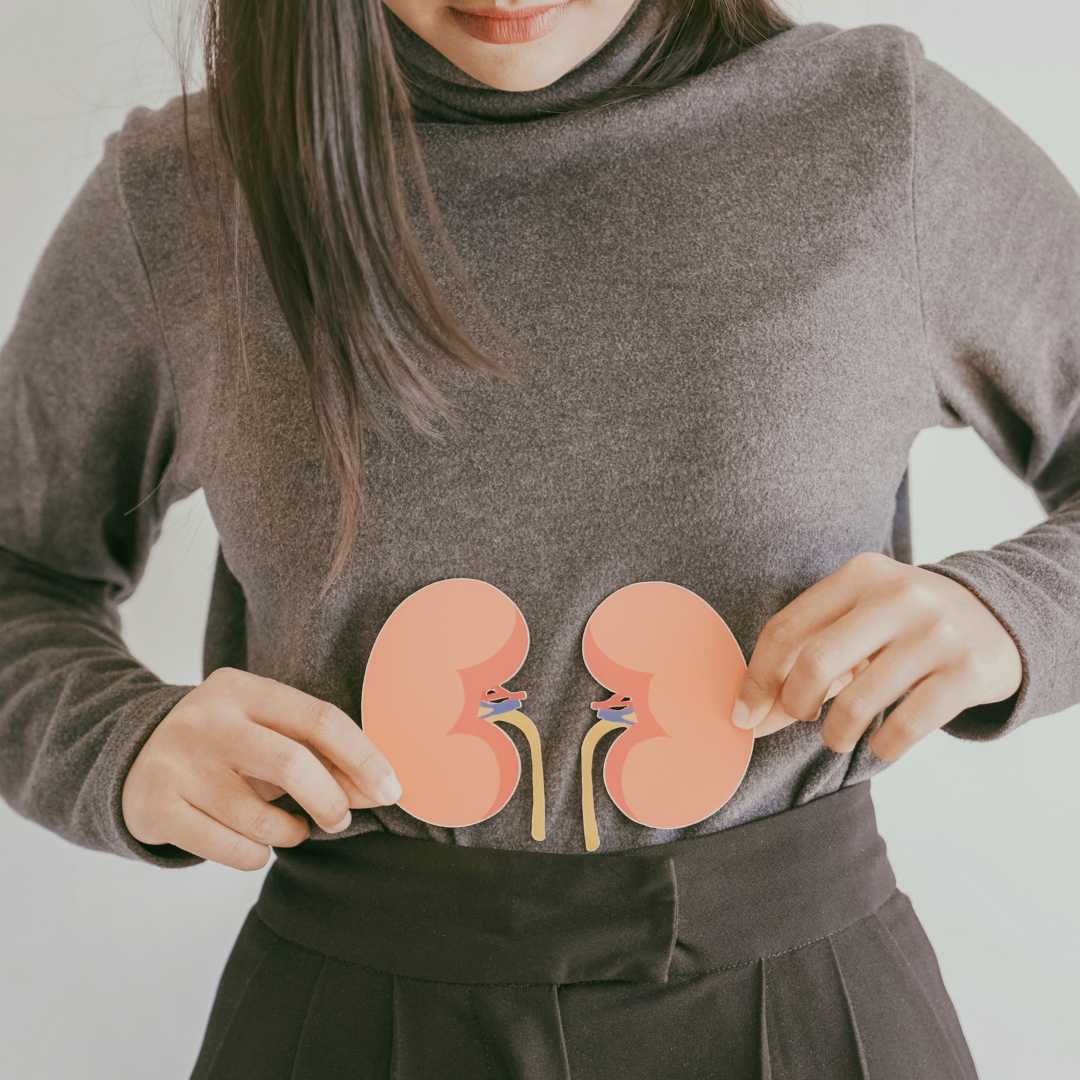
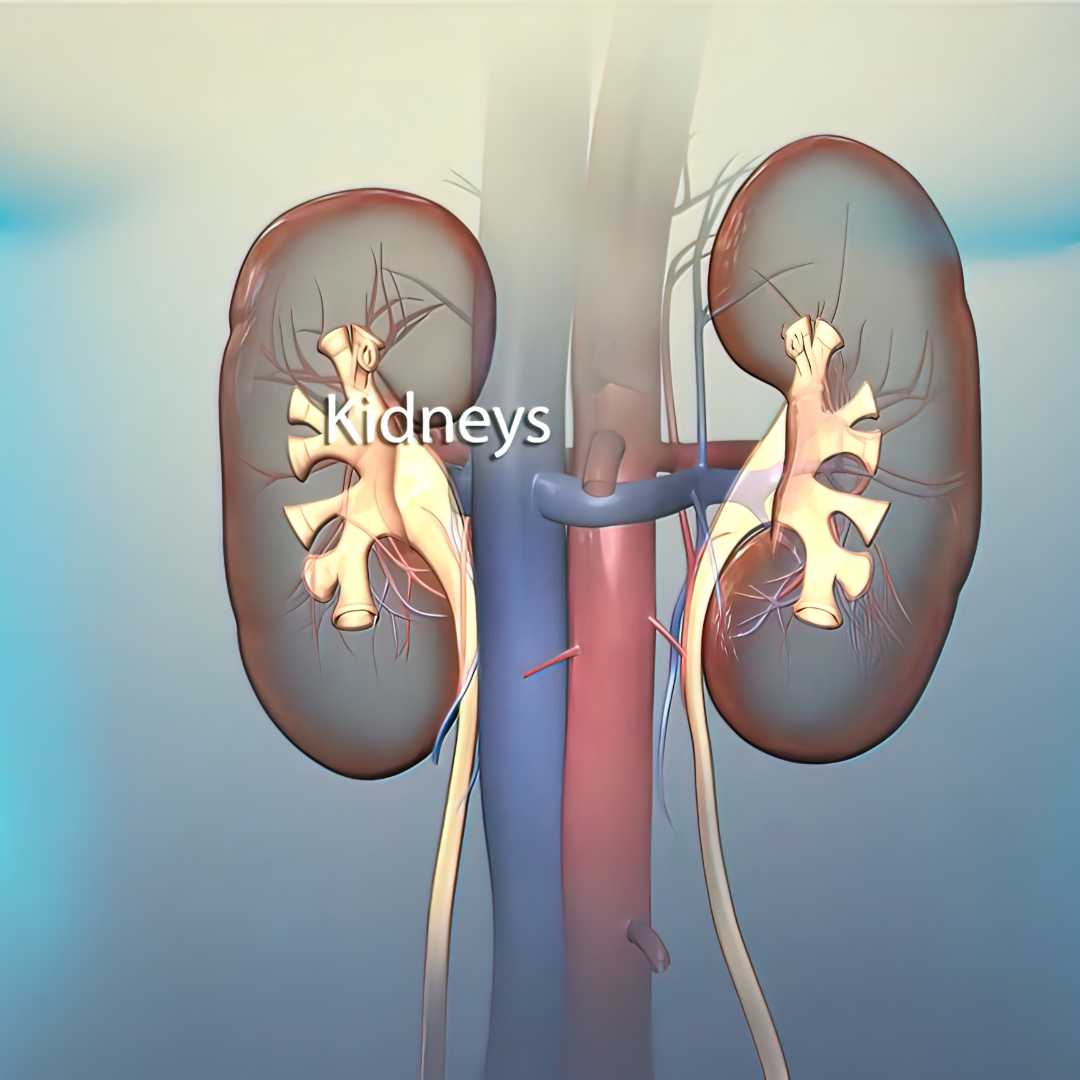
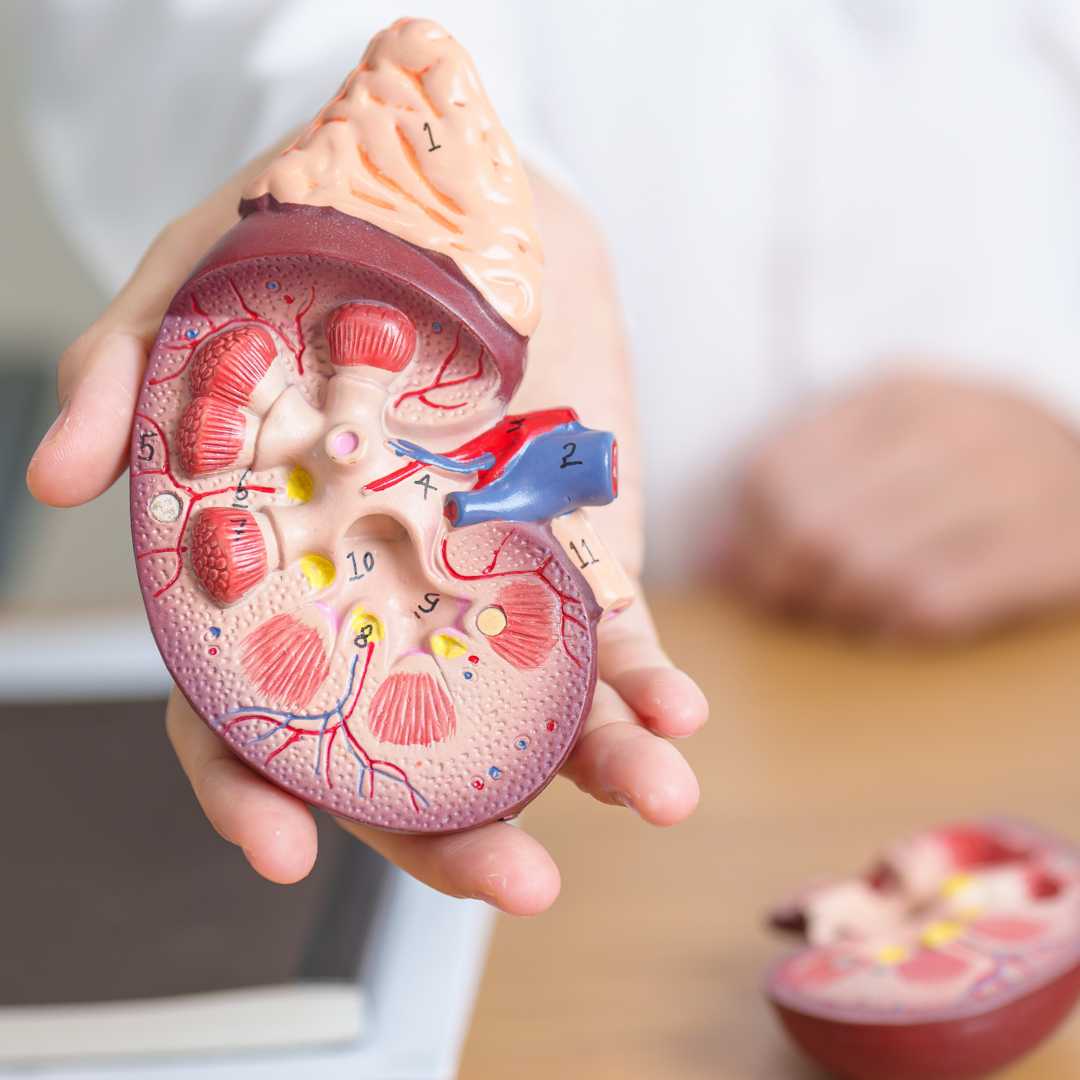
.png)






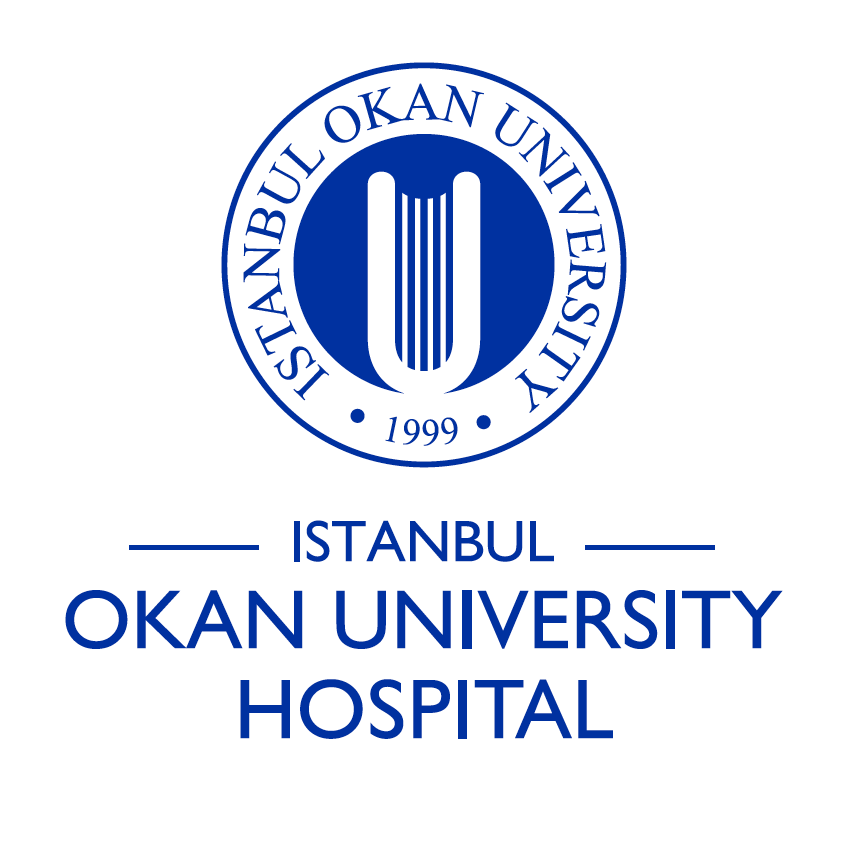


Share this listing